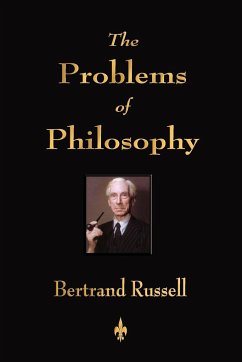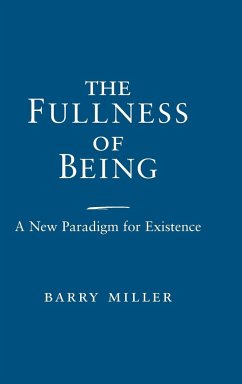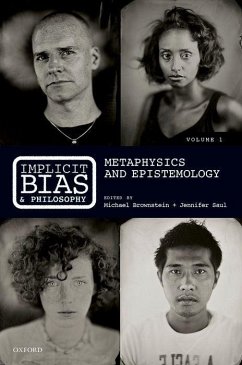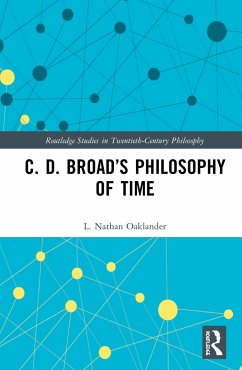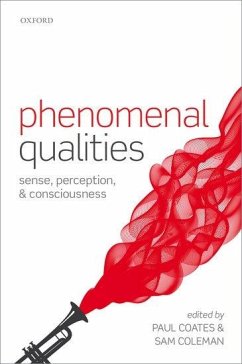
Being, Freedom, and Method
Themes from the Philosophy of Peter Van Inwagen
Versandkostenfrei!
Versandfertig in 1-2 Wochen
120,99 €
inkl. MwSt.

PAYBACK Punkte
60 °P sammeln!
This collection of essays focuses on problems and themes from the philosophy of Peter van Inwagen, whose work has shaped the landscape in the philosophy of action, metaphysics, the philosophy of religion, and the philosophy of philosophy over the last 50 years. The essays offer new insights and arguments about these topics from some of the most prominent living philosophers. The volume also contains seven response essays by van Inwagen himself, and a meta-philosophical introduction by the editor. Topics covered include relational vs constituent ontologies, time travel, free will and moral resp...
This collection of essays focuses on problems and themes from the philosophy of Peter van Inwagen, whose work has shaped the landscape in the philosophy of action, metaphysics, the philosophy of religion, and the philosophy of philosophy over the last 50 years. The essays offer new insights and arguments about these topics from some of the most prominent living philosophers. The volume also contains seven response essays by van Inwagen himself, and a meta-philosophical introduction by the editor. Topics covered include relational vs constituent ontologies, time travel, free will and moral responsibility, philosophical success and failure, the nature of nonsense, the compatibility of theism and evolution, the problem of evil, vagueness and morality, the ontological argument, and the doctrine of the atonement.




